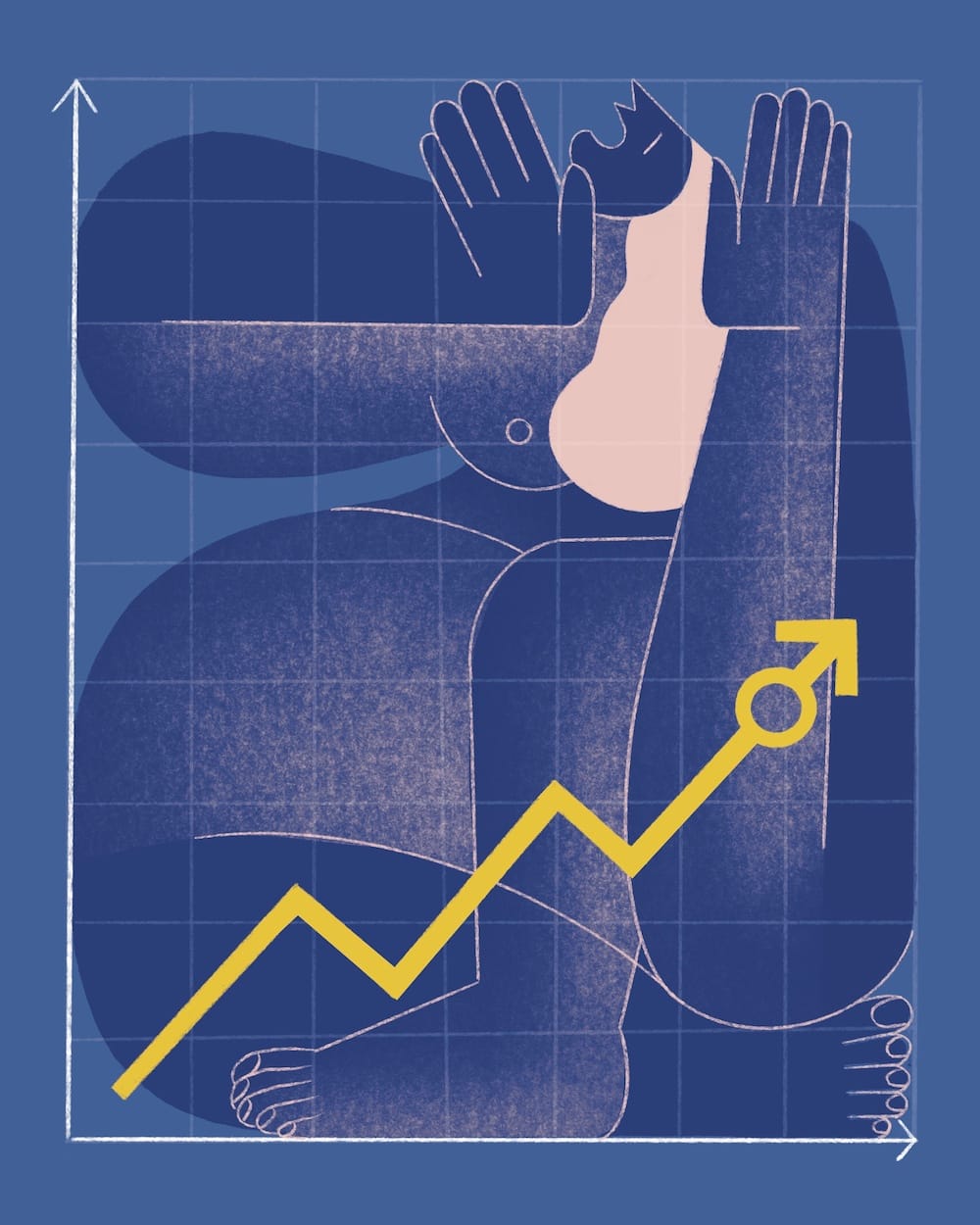An Epidemic of Violence
A single week of headlines shows sexual violence and domestic abuse deeply rooted in every corner of the globe. It’s appalling.

The Persistent is available as a newsletter. Sign up here to get it delivered to your inbox.
Last Wednesday, Newsweek reported that authorities in Pakistan had apprehended a key suspect in the gang rape of a female polio worker.
If you didn’t hear about it, you’re not alone—the news barely registered around the world; it had too many similarly gruesome stories to compete with.
On Thursday, The New York Times reported that a former CIA officer who drugged, sexually assaulted and photographed more than two dozen women had been sentenced to 30 years in prison.
On the same day, in southern France, a man on trial for repeatedly drugging his wife and recruiting dozens of men to rape her, admitted to a court that he was, indeed, a rapist.
Also on Thursday, the BBC reported that it had spoken to more than 20 women who say that Mohamed Al Fayed, the late billionaire owner of the British department store, Harrods, had raped or sexually assaulted them, and that Harrods had not only failed to intervene, but had also covered up the abuse allegations. (As of this writing, some news outlets had put the number of women as high as 37.)
Just as that news was spreading, the music mogul Sean "Diddy" Combs was arrested following raids on two of his properties in March as part of an "ongoing investigation" into sex trafficking. And Harvey Weinstein, the disgraced Hollywood producer, who in 2020 was found guilty of rape and sexual assault (a conviction that was overturned in April of this year), pleaded not guilty to a new sex-crime indictment.
Finally, on Friday, statistics from the Metropolitan Police in London showed that 8,800 rape incidents were reported in the city last year: That’s 24 each day. One every hour.





